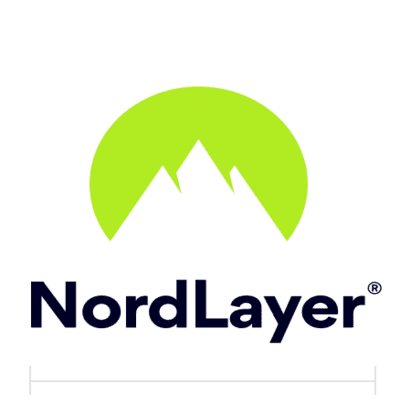Anyone thinking the Canon acquisition of Axis is a done deal should reconsider. Not so fast.
A wrinkle has emerged as the Japanese imaging giant has been buying up shares of Axis in anticipation of acquiring the Swedish camera manufacturer. The wrinkle comes in the form of a hedge fund company called Elliott Management, which has reportedly bought 10.91 percent of Axis stock.
Incomplete sale
The number is significant because Canon needs to acquire 90 percent of Axis stock in order to force the sale of the remaining 10 percent and complete the sale. If someone else, i.e., Elliott Management, owns more than 10 percent, Canon can’t complete the sale. (They are reportedly closing in on the number with 84 percent so far, and have extended the offer to May 5.)
Canon has not announced that it will increase the per-share price (they’re already paying a 50 percent premium over the closing price ahead of their announcement).
Canon could offer a higher price to Elliott Management for their shares, but would have to wait six months or so after the initial sale before doing so (unless they also raise the price on all the shares they acquired, a requirement of Swedish mergers and acquisition law).
One scenario might be that |
Patience and perseverance
One scenario might be that Canon completes the “almost 90 percent” acquisition of Axis stock, and then delays acquiring the other 10-or-so percent until the six months has elapsed. That could delay completion of the transaction, although Canon would have controlling interest in the interim.
It’s interesting to note that Canon has historically showed patience in these matters. It took three years to finally complete the takeover of Oce, a Dutch print machinery manufacturer – announced in 2009 and completed in 2012 – after facing a challenge from Orbis Portfolio Management.
And Canon has definitely been focusing on the long term in all the signals we have seen related to the security market.
However, many in the security market have already thought of Canon’s acquisition of Axis Communications as a done deal, just waiting for the ink to dry. Is it time to rethink that conclusion? We’ll be watching to see if this wrinkle becomes a mere footnote to the sale or has a significant impact.









































